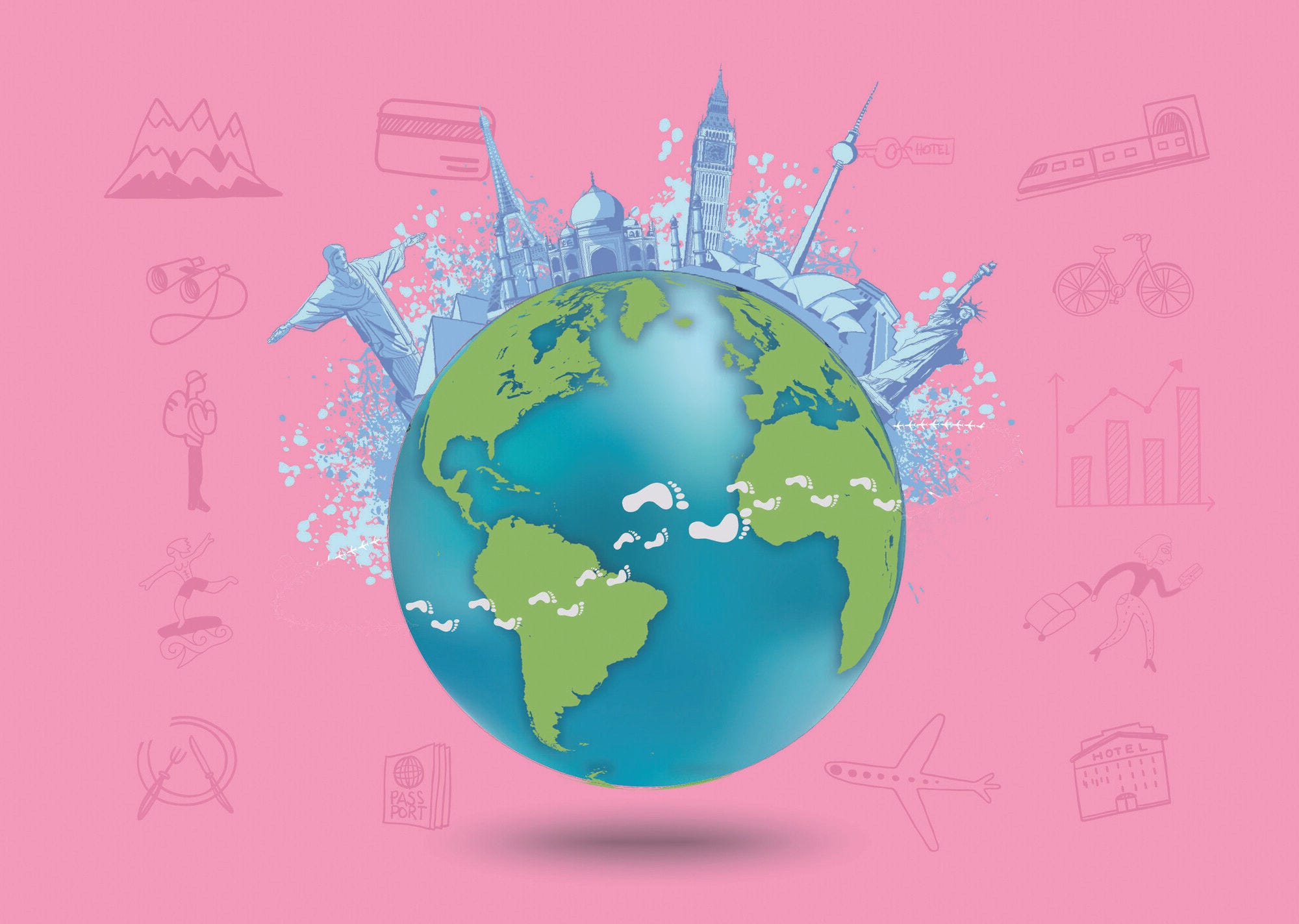The Tourism Sectorial Programme 2020-24 (PROSECTUR) is the framework guiding national tourism policy in Mexico and relates to the National Development Plan 2019-24. PROSECTUR contains four priority objectives:
Guarantee a social approach and respect for human rights in tourism.
Promote the balanced development of tourism destinations.
Strengthen the diversification of tourism markets at national and international levels.
Promote sustainable tourism.
PROSECTUR involves the social, ethical and economic redevelopment of destinations. The goal is for tourism to permeate all regions, destinations and communities as a tool for social integration and reconciliation to create well-being for all. A report for the 2020 fiscal year listed the progress towards the priority objectives and well-being goals contained in the PROSECTUR framework. The programme will end in 2024 and as of 2023, the 110 actions were 98% complete.
Tourism is closely guided by the Sustainable Tourism Strategy 2030 which aims to make Mexico’s destinations a benchmark for sustainable, resilient tourism, encouraging sustainable consumption and production value chains, local communities’ engagement, and biodiversity preservation. It prioritises the achievement of the UN Sustainable Development Goals in the tourism economy, with the long-term aim that future generations can continue to benefit from natural resources that attract tourists. The measures supporting this strategy include:
Promoting sustainable mobility and zero emissions tourism. Under this action, bicycle lanes are developed to connect local communities where visitors can travel to natural and cultural destinations. For example, Ciclovía Maya, the largest tourist bikeway in the world, will connect and integrate economic activities for dozens of local communities in the Yucatan Peninsula.
Creating solutions for the integrated management of solid waste for the goal of zero waste. This includes implementing local models for integrated solid waste management, seeking to generate zero waste and creating destinations free of single-use plastics.
Investing in and promoting the sustainable tourism offer. This will be done on multi-channels and new innovative marketing platforms, seeking virtual and physical presence in national and international spaces and events.
To meet the objectives in the strategies and to strengthen the Mexican tourism economy further, several programmes have been initiated. A Tourism Planning System is being developed with a tourism sector prospective exercise to create better co-ordination between all tourism stakeholders. This will analyse the current state of the sector, establish a database of work in progress and provide recommendations for the future.
The Kuxatur project consists in developing sustainable tourism zones to facilitate biodiversity conservation, focusing on coastal ecosystems. The initiative is associated with the Indigenous People’s Programme and integrates local communities to enhance capacity building and local sustainable development (see box below).
The Secretary of Tourism Development of Yucatán (SEFOTUR), UNESCO in Mexico, Airbnb, and the Union of Community Tourism Cooperatives have also launched a programme for the Capacity Enhancement for Community Tourism in Yucatán and to promote a fairer distribution of tourism benefits. This scheme aims to strengthen the capacities of local communities in heritage management, sustainability, and the development of authentic tours and activities. The programme is the first of its kind in Mexico and will start in Yucatán. It will benefit tourism co-operatives, collectives, and family-based grassroots enterprises directly by providing training in cultural and natural heritage, community tourism management, promotion, and the development of sustainable tourism products.

